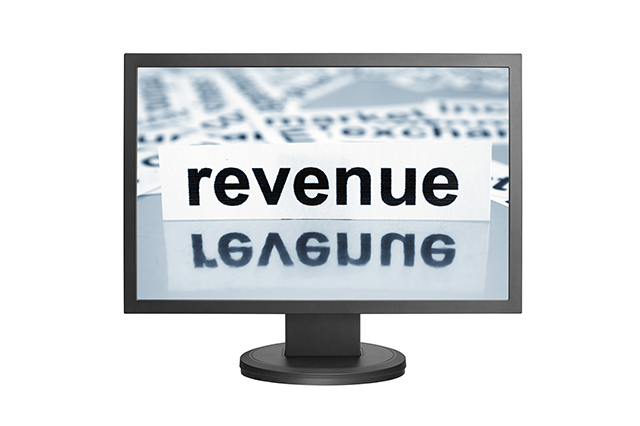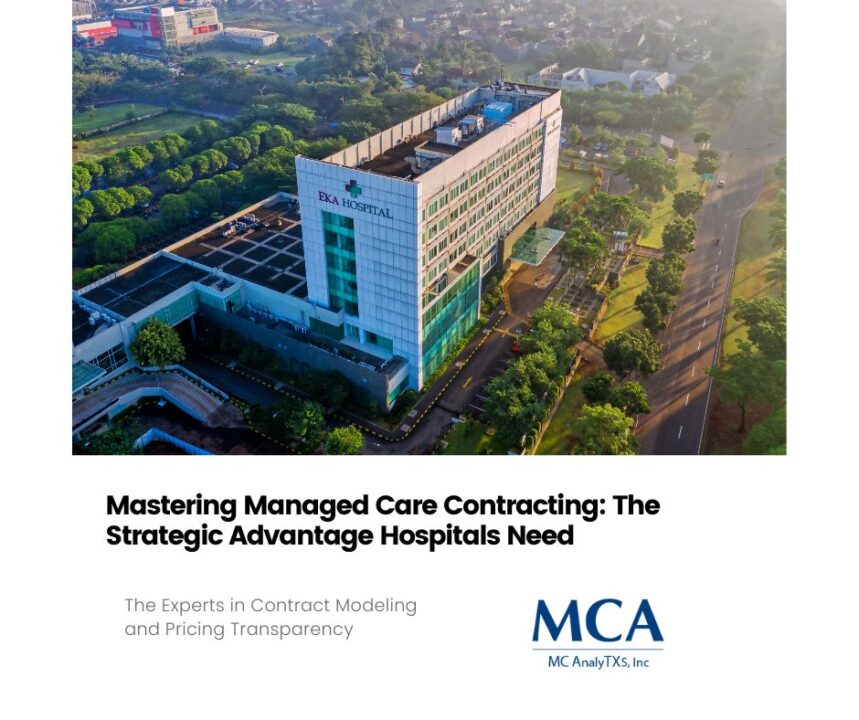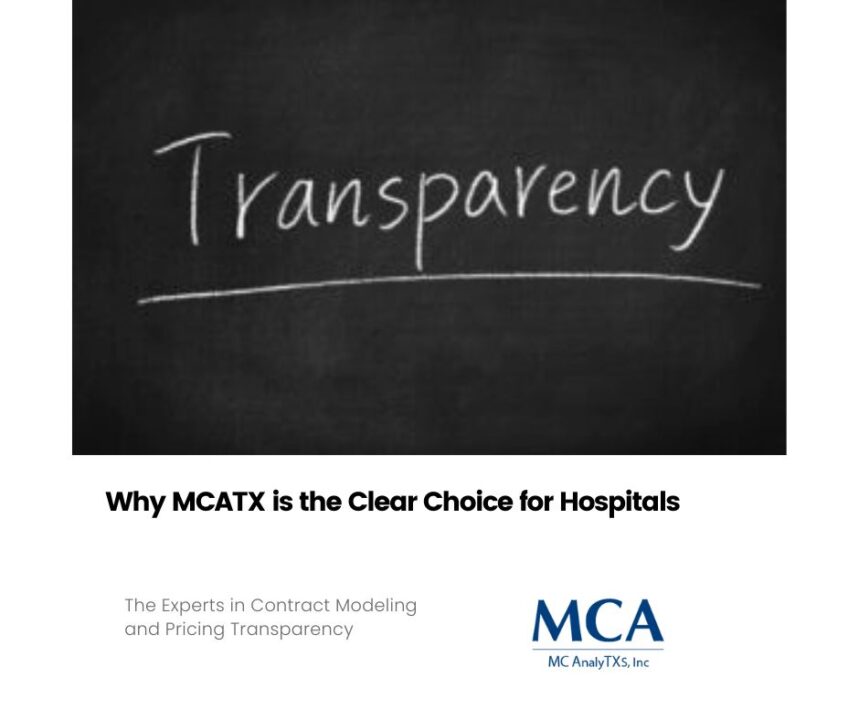
Why is Revenue Cycle Management important in the healthcare industry?
November 17, 2017
Healthcare Revenue Cycle Management: 12 Things to know
December 6, 2017After the Affordable Care Act came into existence the revenue cycles for hospitals has changed significantly. In fact it is in the best interest of a hospital to have an effective revenue cycle management system in place to handle all the financial pressures and burdens associated with the regulations and everyday expenses of operating a healthcare system.
Issues related to IT, billing errors and staffing usually arise. The revenue cycle process for healthcare systems is dynamic and is continuously evolving. In fact, healthcare professionals involved in revenue cycle management face many day to day challenges. Policies in place become outdated. Healthcare providers should always be open to exploring new ways to improve the revenue cycle for their hospital.
Listed below are the five common challenges the hospital revenue cycle faces and tips on how they can be avoided to circumvent financial turmoil.
Billing and Accounting Errors
Neglecting the billing process can result in losses of around tens of millions of dollars. Which also shocks patients with staggering debts they are unable to afford. As the health care law changes making patients responsible for the out-of-pocket costs, hospitals have to ensure there isn’t any uncollected revenue.
Challenges in Health IT
Information technology is required for the revenue cycle management to keep track of the patient claims and their lifecycle. This helps make sure that payments are collected on time and that the claims that are denied are checked. Some hospitals find it hard to implement the computerized billing infrastructure because they cannot successfully manage the claims within large outpatient networks.
Today’s healthcare environment requires an effective information technology structure. However, having such a system in place requires a heavy capital investment and an infrastructure that supports new technologies. Often this factor applies to small hospitals in rural districts who have outdated technology.
Lack of Trained Staff
The healthcare staff members have to be trained effectively otherwise they incorrectly bill the patients and do not capture their data in the proper way. Healthcare staff that looks after the front end of billing must be aware of the proper billing and data entry procedures so the information is translated to successful insurance claims.
Improper Monitoring of Claims Procedure
The process for claims management should be monitored closely at each point of the life cycle. This is a very important part of the revenue management. If the claims are not closely monitored then errors will not be identified easily. Additionally the coding issue cannot be identified either and this will result in a loss of revenue.
No Financial Policy
Failure to document the financial policy and having no system in place for the employees will also result in challenges. These policies are a part of the revenue cycle management. Employees should have access to the electronic or physical documents. The documents should also be reviewed by legal counsel in order to avoid problems.
Do you want to save your organization Millions?
We have a solution. MCAs AllPayor® is the most robust and user-friendly contract modeling and claim management software solution in the world.
Our AllPayor® software pre-calculates the expected plan benefit and compares that amount to the payment processed by the payor.
Over the years our systems have identified tens of millions of dollars in unpaid and underpaid claims to hospitals all over the country.
AllPayor® also plays a crucial role in the shifting landscape of Healthcare Pricing Transparency.
Implementing our AllPayor® contract modeling software and claim management software will be a game changer for your hospital. If you are interested you can learn more by saving your seat at our next webinar.





